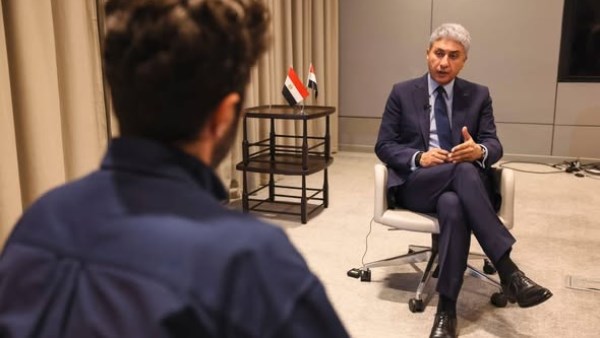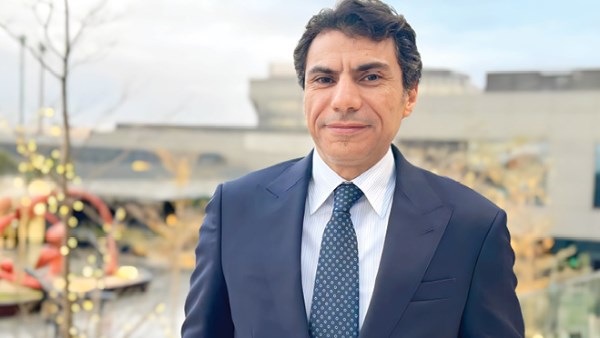
Trump’s administration said this month it will scale down its military presence in Syria
US pulls out of two more bases in Syria, worrying Kurdish forces

U.S. forces have pulled out of two more bases in northeastern Syria, visiting Reuters reporters found, accelerating a troop drawdown that the commander of U.S.-backed Syrian Kurdish forces said was allowing a resurgence of Islamic State.
Reuters reporters who visited the two bases in the past week found them mostly deserted, both guarded by small contingents of the Syrian Democratic Forces - the Kurdish-led military group that Washington has backed in the fight against Islamic State for a decade.
Cameras used on bases occupied by the U.S.-led military coalition had been taken down, and razor wire on the outer perimeters had begun to sag.
A Kurdish politician who lives on one base said there were no longer U.S. troops there. SDF guards at the second base said troops had left recently but declined to say when. The Pentagon declined to comment.
It is the first confirmation on the ground by reporters that the U.S. has withdrawn from Al-Wazir and Tel Baydar bases in Hasaka province. It brings to at least four the number of bases in Syria U.S. troops have left since President Donald Trump took office.
Trump’s administration said this month it will scale down its military presence in Syria to one base from eight in parts of northeastern Syria that the SDF controls. The New York Times reported in April that troops might be reduced from 2,000 to 500 in the drawdown.
The SDF did not respond to questions about the current number of troops and open U.S. bases in northeastern Syria.
But SDF commander Mazloum Abdi, who spoke to Reuters at another U.S. base, Al Shadadi, said the presence of a few hundred troops on one base would be "not enough" to contain the threat of Islamic State.
"The threat of Islamic State has significantly increased recently. But this is the U.S. military’s plan. We’ve known about it for a long time ... and we’re working with them to make sure there are no gaps and we can maintain pressure on Islamic State," he said.
Abdi spoke to Reuters on Friday, hours after Israel launched its air war on Iran. He declined to comment on how the new Israel-Iran war would affect Syria, saying simply that he hoped it would not spill over there and that he felt safe on a U.S. base.
Hours after the interview, three Iranian-made missiles targeted the Al Shadadi base and were shot down by U.S. defence systems, two SDF security sources said.
ISIS ACTIVE IN SYRIAN CITIES
Islamic State, also known as ISIS and Daesh, ruled vast swathes of Iraq and Syria from 2014 to 2017 during Syria’s civil war, imposing a vision of Islamic rule under which it beheaded locals in city squares, sex-trafficked members of the Yazidi minority and executed foreign journalists and aid workers.





-1120252475029447.jpg)














